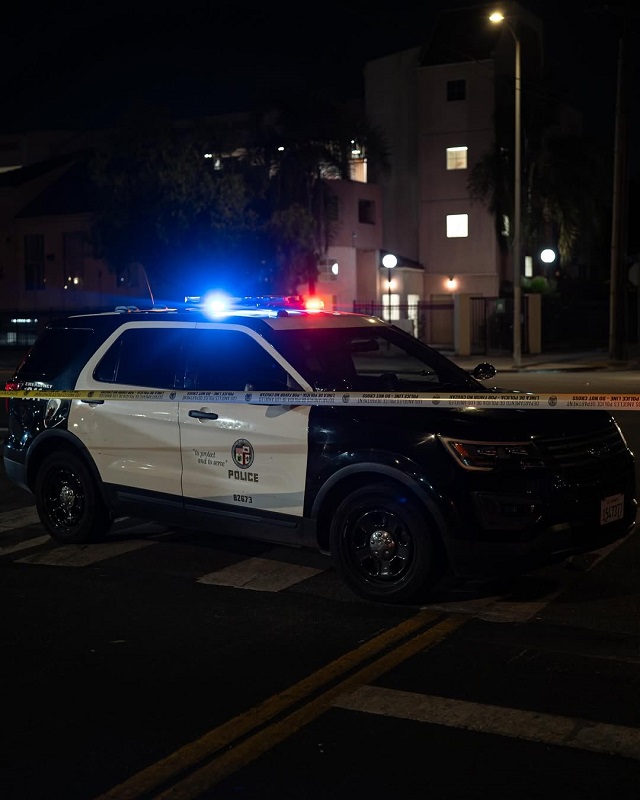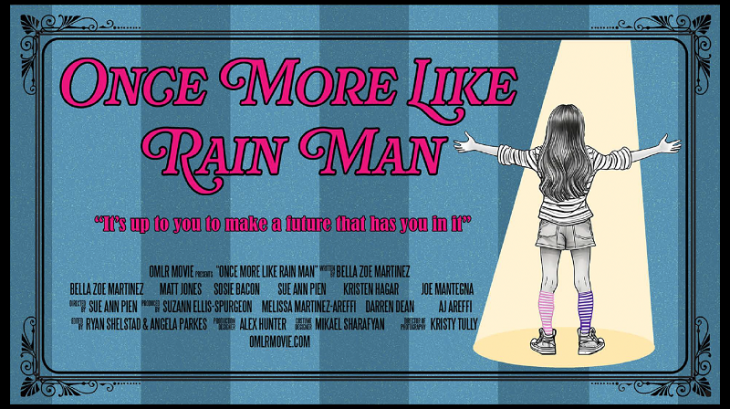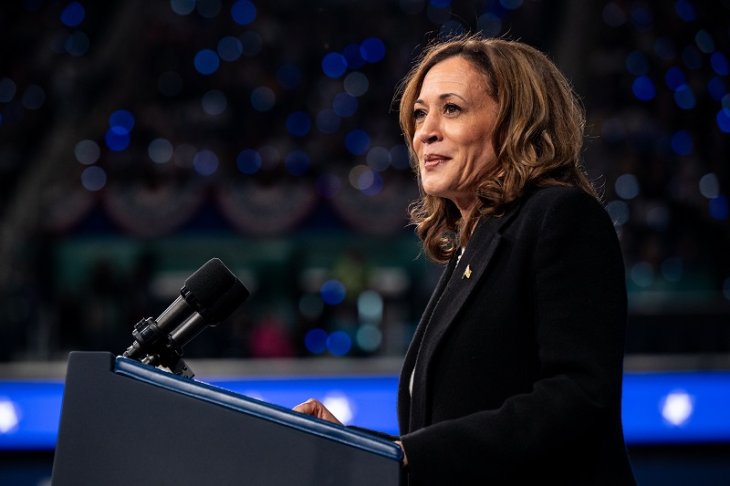Decision Could Pave Way for More Opt-Out Challenges Across the Country
The U.S. Supreme Court ruled Friday that a Maryland public school district violated the religious rights of families by refusing to allow students to opt out of reading books with LGBTQ+ themes, delivering a significant victory for religious conservatives and reshaping the national conversation over parental rights in education.
In a 6–3 decision along ideological lines, the court’s conservative majority held that the Montgomery County school board “substantially burdened” the religious exercise of parents by requiring students to engage with material that presents same-sex relationships and gender nonconformity as positive and normative.
Justice Samuel Alito, writing for the majority, argued that the school’s policy interfered with “the religious development of the child” by portraying topics such as same-sex marriage and gender expression not merely as neutral subjects, but as moral goods. The court stopped short of issuing a final ruling, instead sending the case, Mahmoud v. Taylor, back to the lower courts for reconsideration under the new legal standard.
In her dissent, Justice Sotomayor wrote, “Casting aside longstanding precedent, the Court invents a constitutional right to avoid exposure to ‘subtle’ themes ‘contrary to the religious principles’ that parents wish to instill in their children. Exposing students to the ‘message’ that LGBTQ people exist, and that their loved ones may celebrate their marriages and life events, the majority says, is enough to trigger the most demanding form of judicial scrutiny.”
At the heart of the dispute were storybooks used in Montgomery County’s elementary school curriculum, including one in which a young girl chooses a superhero cape over a skirt, and another featuring a same-sex wedding. A coalition of religious parents, Muslim, Roman Catholic, and Ukrainian Orthodox, had sued the district, saying they should be allowed to excuse their children from such lessons based on their faith traditions.
Lower courts previously sided with the district, which argued that permitting opt-outs would isolate students and undermine classroom inclusivity. School officials said allowing individual exemptions would stigmatize children with LGBTQ+ family members and create logistical challenges in diverse classrooms.
The justices rejected that argument, noting that the Constitution protects parents’ rights to direct their children’s religious upbringing, even in public education. Alito’s opinion frequently referenced Obergefell v. Hodges, the 2015 ruling that legalized same-sex marriage nationwide, framing it as a cultural shift that parents should not be compelled to affirm through their children’s education.
While the ruling does not mandate that school districts remove LGBTQ+ content, it opens the door for legal challenges to inclusive curricula across the country. Advocates for LGBTQ+ rights have warned that the decision may embolden efforts to curtail representation in public schools under the guise of religious freedom.























